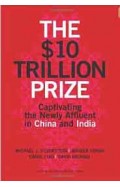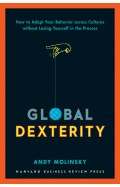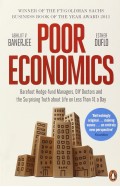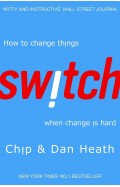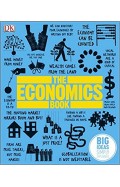- Home
- Books
- Non Fiction
- Business & Management
- The Why Axis Hidden Motives and the Undiscovered Economics of Everyday Life
The Why Axis Hidden Motives and the Undiscovered Economics of Everyday Life
By: N/A
-
Rs 896.25
- Rs 1,195.00
- 25%
You save Rs 298.75.
Due to constant currency fluctuation, prices are subject to change with or without notice.
| Book | |
| What's in the Box? | 1 x The Why Axis Hidden Motives and the Undiscovered Economics of Everyday Life |
Myths Illusions and Peace: Finding a New Direction for America in the Middle East
By: Dennis Ross
Rs 985.50 Rs 1,095.00 Ex Tax :Rs 985.50
Zubin Mehta: A Musical Journey (An Authorized Biography)
By: VOID - Bakhtiar K. Dadabhoy
Rs 630.00 Rs 1,050.00 Ex Tax :Rs 630.00
Legacy of Maulana Azad: Islam Pluralism Nationhood
By: Mushirul Hasan
Rs 837.00 Rs 1,395.00 Ex Tax :Rs 837.00
Factfulness: Ten Reasons Were Wrong About The World
By: Hans Rosling
Rs 2,195.00 Ex Tax :Rs 2,195.00
World 30 Global Prosperity and How To Achieve It
By: Pankaj Ghemawat
Rs 6,446.25 Rs 8,595.00 Ex Tax :Rs 6,446.25
Sales Encyclopedia The Most Comprehensive How To Guide On Selling
By: Robert Chapin
Rs 805.50 Rs 895.00 Ex Tax :Rs 805.50
Why Nations Fail The Origins of Power Prosperity and Poverty
By: James A. Robinson
Rs 2,335.50 Rs 2,595.00 Ex Tax :Rs 2,335.50
The 10 Trillion Prize Captivating thely Affluent in China and India
By: Michael J. Silverstein
Rs 1,317.00 Rs 2,195.00 Ex Tax :Rs 1,317.00
Global Dexterity: How to Adapt Your Behavior Across Cultures without Losing Yourself in the Process
By: Andy Molinsky
Rs 1,377.00 Rs 2,295.00 Ex Tax :Rs 1,377.00
Poor Economics: The Surprising Truth about Life on Less Than $1 a Day
By: Abhijit Banerjee
Rs 2,595.00 Ex Tax :Rs 2,595.00
Switch: How to change things when change is hard - (PB)
By: Dan Heath
Rs 1,046.25 Rs 1,395.00 Ex Tax :Rs 1,046.25
The Great Degeneration: How Institutions Decay and Economies Die
By: Niall Ferguson
Rs 1,796.25 Rs 2,395.00 Ex Tax :Rs 1,796.25
Legacy of Maulana Azad: Islam Pluralism Nationhood
By: Mushirul Hasan
Rs 837.00 Rs 1,395.00 Ex Tax :Rs 837.00
Factfulness: Ten Reasons Were Wrong About The World
By: Hans Rosling
Rs 2,195.00 Ex Tax :Rs 2,195.00
World 30 Global Prosperity and How To Achieve It
By: Pankaj Ghemawat
Rs 6,446.25 Rs 8,595.00 Ex Tax :Rs 6,446.25
No recently viewed books available at the moment.
Zubin Mehta: A Musical Journey (An Authorized Biography)
By: VOID - Bakhtiar K. Dadabhoy
Rs 630.00 Rs 1,050.00 Ex Tax :Rs 630.00
Myths Illusions and Peace: Finding a New Direction for America in the Middle East
By: Dennis Ross
Rs 985.50 Rs 1,095.00 Ex Tax :Rs 985.50
Legacy of Maulana Azad: Islam Pluralism Nationhood
By: Mushirul Hasan
Rs 837.00 Rs 1,395.00 Ex Tax :Rs 837.00
Factfulness: Ten Reasons Were Wrong About The World
By: Hans Rosling
Rs 2,195.00 Ex Tax :Rs 2,195.00
World 30 Global Prosperity and How To Achieve It
By: Pankaj Ghemawat
Rs 6,446.25 Rs 8,595.00 Ex Tax :Rs 6,446.25










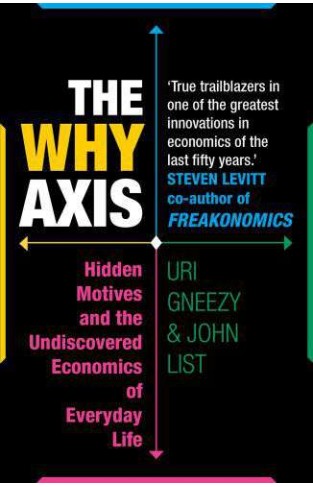









-120x187.jpg?q6)






-120x187.jpg?q6)




